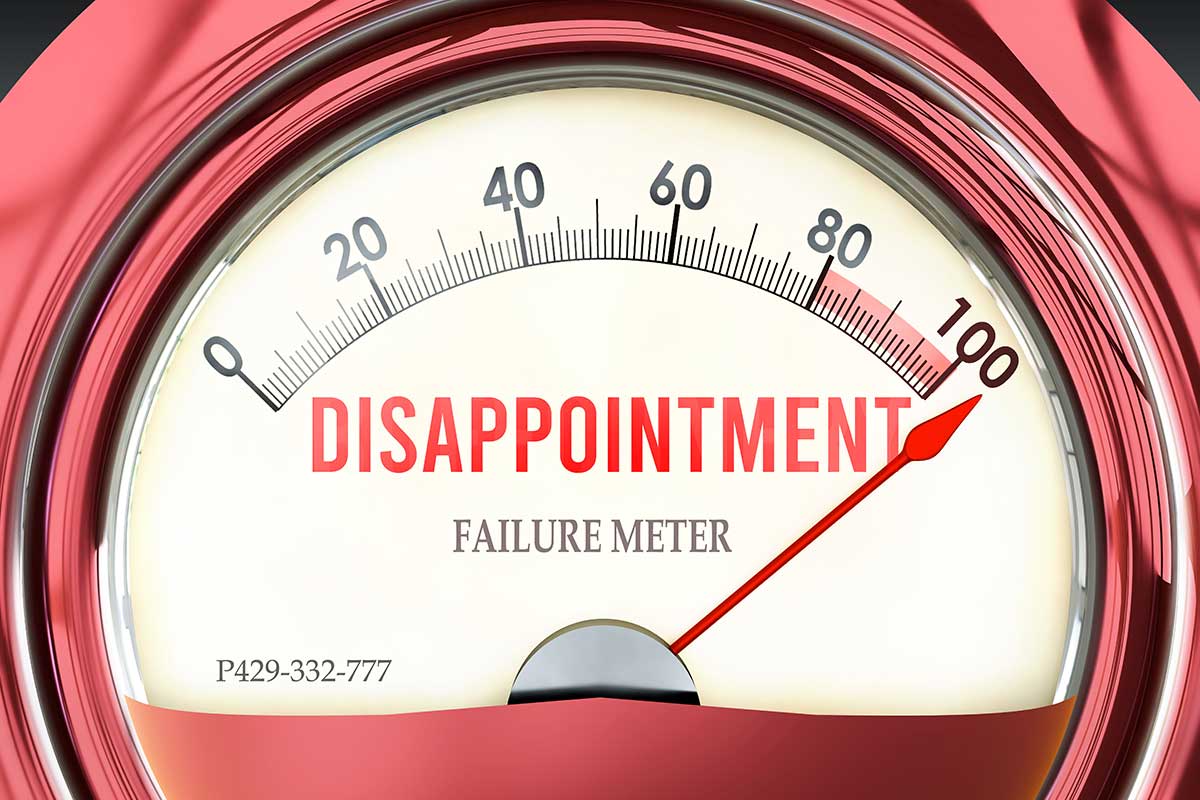The other day, I received some very disappointing news. I didn’t want it to hurt as much as it did, but I ended up randomly crying throughout the day. Even now, when I think about it, it still hurts, but at least I no longer cry. I think we can all relate to this and realize that sometimes disappointments are going to happen. Whether it’s not getting that dream job, facing rejection, or dealing with unfulfilled expectations in relationships or personal goals, disappointment can feel like a heavy weight. However, while these setbacks are painful, they don’t have to define us. With the right mindset and strategies, we can learn to cope with disappointment and turn it into an opportunity for growth and resilience.
The first step in dealing with disappointment is to allow yourself to feel. In my case, cry. It’s easy to push emotions aside or ignore them in an attempt to move forward quickly, but suppressing your feelings can lead to more pain in the long run. It’s natural to feel upset, angry, sad, or frustrated when things don’t go as planned. By acknowledging and accepting these emotions, you give yourself permission to heal. Remember, it’s okay to not be okay for a while. But it’s important not to stay in that spot forever. Take the time to reassess. Maybe the goal you were striving for no longer aligns with your values, or perhaps it’s no longer the best path forward. Take some time to reflect on your broader goals and ask yourself if it’s time to adjust them. Sometimes, the best way to move forward after disappointment is to reframe your objectives in a way that feels more authentic or realistic for where you are in life. Maybe you simply need a new approach. Instead of focusing on what you can’t control, focus on what you can control. What actions can you take today to make the best of the situation? Is there something within your power that can move you closer to your desired outcome? By taking small, manageable steps forward, you can regain a sense of agency and momentum, even when the bigger picture feels uncertain.
Disappointment, while painful, is also a powerful teacher. It challenges us to be flexible, to reconsider our assumptions, and to build emotional resilience. By acknowledging our feelings, shifting our perspectives, and taking steps to move forward, we can navigate disappointment in a way that strengthens us rather than diminishes us. Remember: setbacks aren’t the end of the road—they’re simply part of the journey. And with each one, you have the chance to bounce back stronger than before.
So, even though this disappointing news was not what I was hoping for, I can allow myself to be sad, reevaluate my situation, and begin to take steps to reach my goal in a different way.







